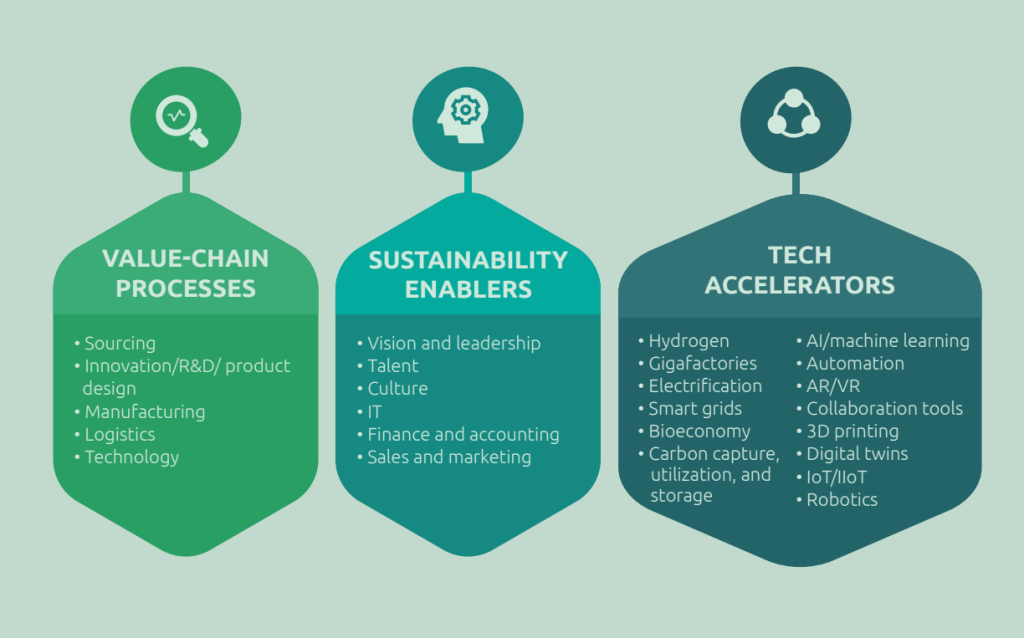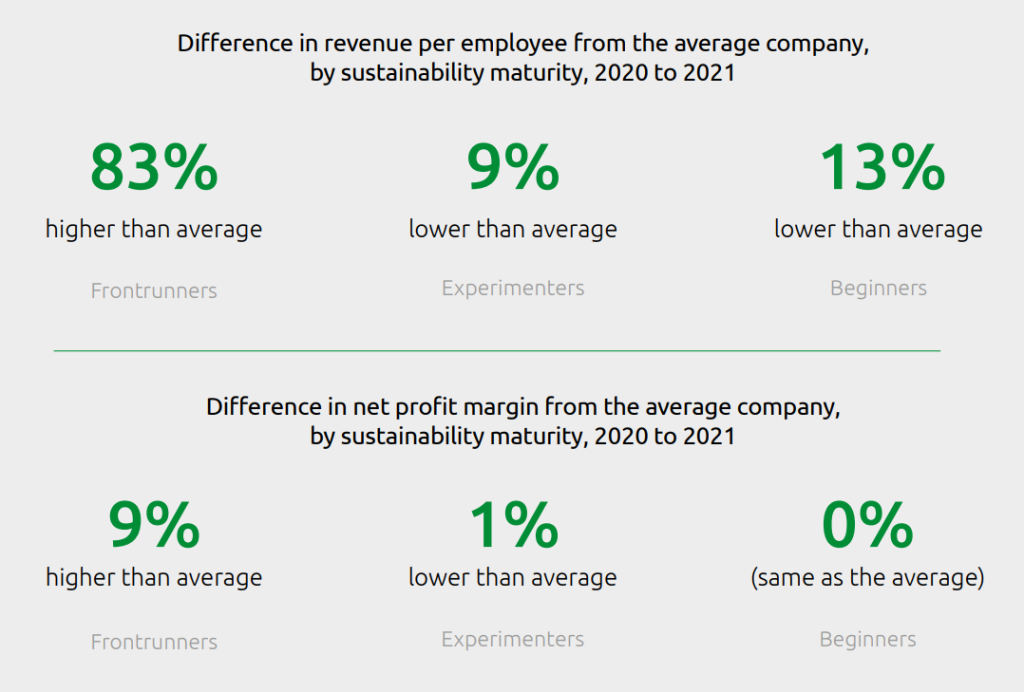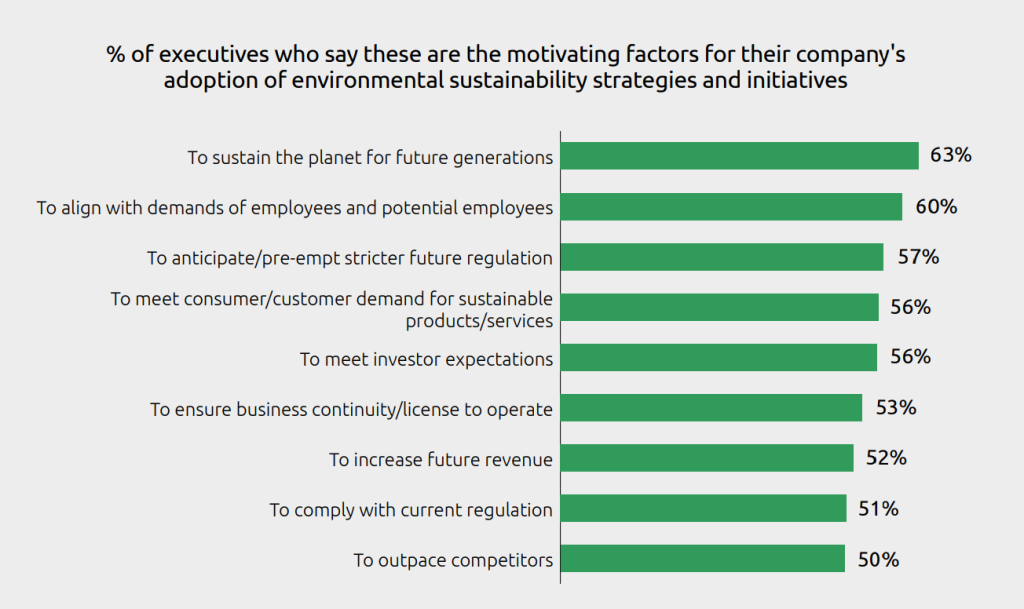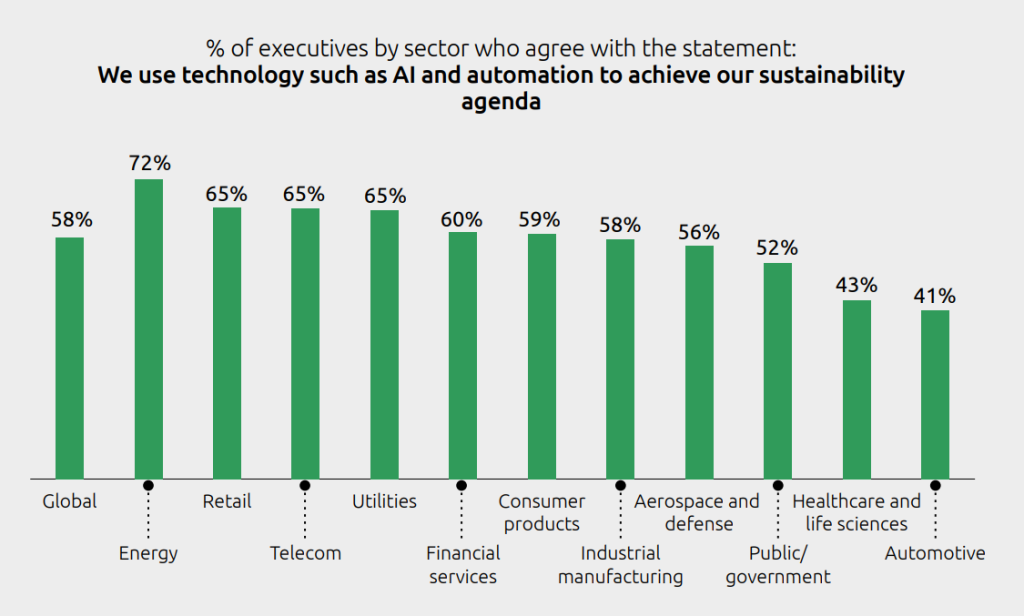Dr. James Robey, Global Head of Environmental Sustainability at Capgemini, made his top sustainability predictions for 2023, including the key trends and issues we could see developing this year. Here are his words:
“From the 2022 United Nations Climate Change Conference (COP27) we heard encouraging news, with a groundbreaking decision to provide ‘loss and damage’ funding to vulnerable countries hard hit by climate disasters.
What we continue to miss, however, is sufficiently swift action and a credible pathway to prevent the climate impacts of rising greenhouse gas emissions, which are already affecting people around the world.
Looking ahead, here are my four key predictions for sustainable business in 2023:
1 – The Climate Change Conversation Continues to Broaden
We are already seeing the effects of climate change, to name just two examples: unprecedented flooding in South Asia and a multi-year drought in the Horn of Africa.
Looking ahead, the UK Met Office has warned that there is a 50/50 chance that at least one of the next five years will temporarily exceed a temperature rise of 1.5°C above pre-industrial levels.
Meanwhile, a report by the United Nations Environment Program notes that countries’ climate commitments point to an increase of between 2.4 and 2.6°C by the end of the century.
As temperatures rise, the effects of climate change will intensify across the globe. Vulnerable nations and communities must respond.
I anticipate that the climate change debate will broaden during 2023 to focus more on adaptation alongside mitigation measures, as we collectively recognize that we are getting closer and closer to exceeding the 1.5°C threshold above which climate disruption worsens.

In addressing and limiting the effects of climate change, we must prioritize a just transition in which economies are greened in the fairest and most inclusive way possible, and in which no one is left behind.
More attention will also be paid to the interconnections between climate change and biodiversity. The world is facing the sixth mass extinction, caused mainly by habitat loss, while climate change is also pushing species out of their comfort zones.
The UN biodiversity Conference held at the end of 2022 highlighted the urgent need to better safeguard key parts of the planet, and I predict that nature protection will continue to be a growing focus for businesses in 2023.
2 – More Investment in Sustainability, Despite Economic Uncertainty
I also expect companies to continue to invest in sustainability throughout 2023, with more organizations recognizing the long-term financial benefits of sustainable operations.
This increase in investment is likely to be driven by the fact that more companies are realizing that investing in sustainability is a way to future-proof their operations and supply chains.

For example, according to our recent “World in Balance” report, organizations that are further ahead of their peers in implementing sustainable practices will record 83% more revenue per employee between 2020 and 2021 than the average.
Economic uncertainty may trigger new ways of thinking about how companies can do more with less. Perhaps rising costs and the potential scarcity of some resources will prompt thinking about moving more quickly toward circularity, as well as encouraging more restricted (reduced) use of resources.
We have already seen, for example, that record prices have contributed to reduced gas demand in European industry, with reductions in production in the most energy and gas intensive industries during the first eight months of 2022.
3 – Increasing Scrutiny of Corporate Claims
According to a recent Edelmann survey, only half (53%) of the world’s citizens trust companies to do the right thing when it comes to climate change. In addition, there have been calls for some time for greater clarity on corporate climate commitments, which is why the Science-Based Targets initiative created the Net Zero Standard by the end of 2021.
More recently, at COP27, a UN-appointed panel of experts called for an end to greenwashing, lambasting the lack of clarity on net zero emissions targets for non-state entities.
I predict that in 2023 there will be increased scrutiny of companies’ claims, which will respond by taking steps to publicly clarify approaches and milestones for achieving carbon reduction targets.

If this is the case, it could bring about positive change, as despite most companies including sustainability as a key agenda item for senior management, this does not necessarily translate into action.
According to our report, “World in Balance“, while organizations may have long-term goals for 2040 or 2050, many do not clearly define or sufficiently prioritize their near-term sustainability initiatives. Less than half (49%) of the 1,003 executives surveyed said their company had defined a prioritized list of sustainability initiatives.
4 – More Companies are Using Digital Innovation in Sustainability Strategies
In 2023, I expect digital innovation to continue to be used as a tool to aid sustainable change. We are already seeing organizations investing in AI and automation to support the sustainability agenda.
Capgemini research has shown that companies are deploying AI and automation in tandem, not only to gain granular insights into their operations, but also to measure the impact on the environment across functions.

According to our AI for Climate Action report, for example, AI-enabled use cases have so far helped organizations reduce greenhouse gas emissions by 13% in the last two years, improving energy efficiency by 11%.
It is also estimated that, by 2030, AI-based use cases have the potential to help organizations meet between 11% and 45% of the Paris Agreement’s “economic emissions intensity” targets, depending on the scale of AI adoption across sectors.“




